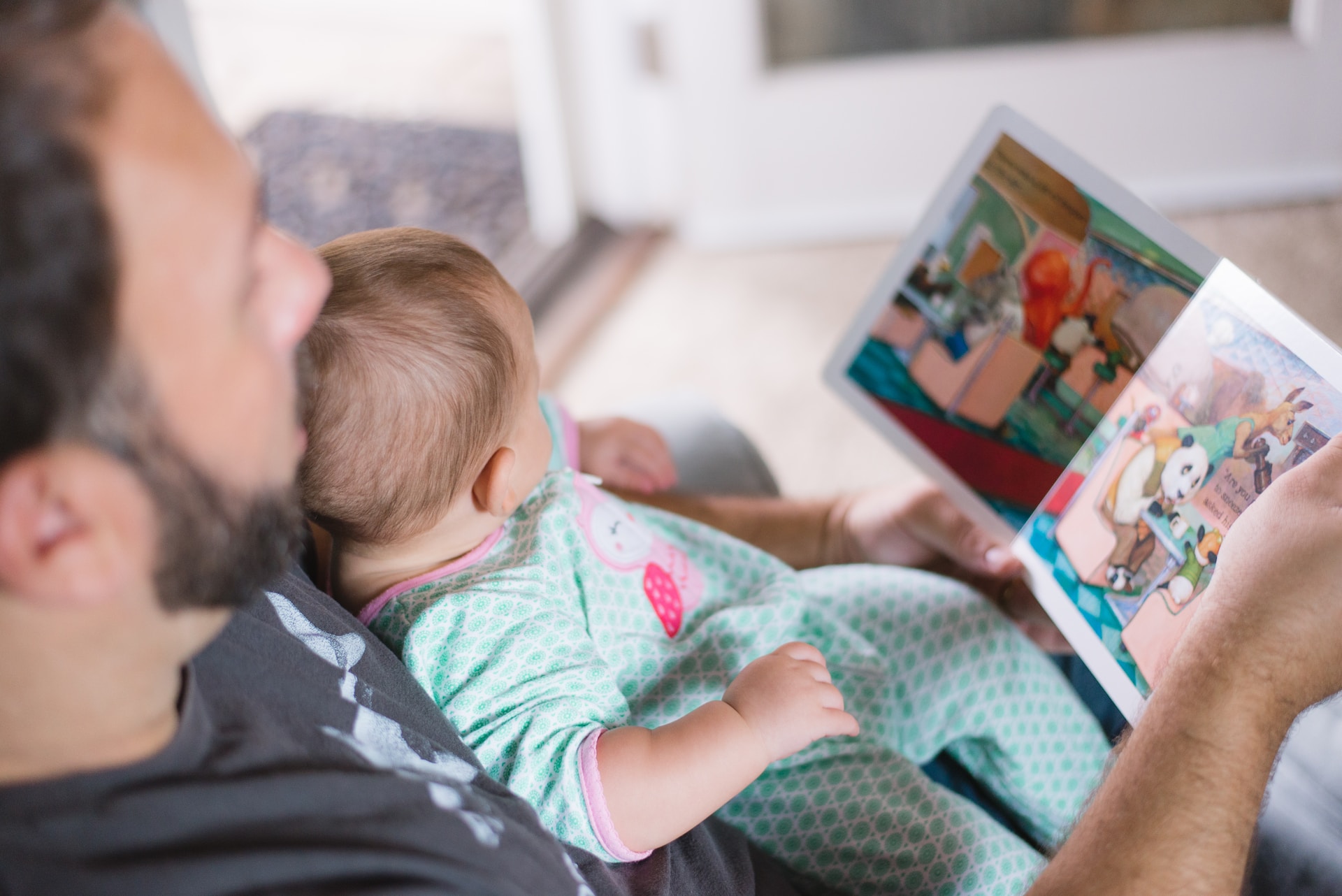16 Oct What is Parental Responsibility?

You might have heard the term parental responsibility, but do you know what it means and what it involves? Parental responsibility is the authority to make decisions about your children relating to their care, welfare and their development.
Children have the right to be treated with affection, care, to be safe, to be educated and to be protected against abuse. These are rights that as parents you have a duty to protect, and it is your parental responsibility to do so until your children are old enough to protect their rights themselves.
The Family Law defines parental responsibilities as follows:
- to protect your child from harm;
- to provide your child with food, clothing and a place to live;
- to financially support your child;
- to provide safety, supervision and control;
- to provide medical care; and
- to provide an education.
Not everyone has parental responsibility. Only those parents that are recognized by the law can have parental responsibility. The Family Law Act states that birth parents, adoptive parents and those who become parents through artificial conception or surrogacy can exercise parental responsibility.
There is a presumption that, where there are no specific Court Orders stating otherwise, both parents have equal shared parental responsibility even if they are separated or divorced. This means that parents must consult each other and make joint decisions in relation to major long-term issues affecting their children, including:
- Where a child goes to school;
- What surname the child has;
- What religion a child practices;
- What medical treatment to provide a child with major health issues; and
- Changes to a child’s living arrangements.
All other simple day-to-day issues including what the children have for mealtime or whether they attend school excursions does not require consultation. These decisions can be made by the parent who has the children in their care.
The presumption of equal shared care responsibility applies in majority of cases but does not apply in all cases. The Court will refuse to make an order for equal shared care responsibility in the following situations:
- where there is abuse of the child or another child who, at the time, was a member of the parent’s family; or
- if there is family violence.
Further, there may be situations where an order for equal shared care responsibility would not be appropriate. For example, if there is significant conflict or lack of communication between the parties which would make it difficult for them to consult with one another and therefore the Court will not make such an order.
If you want to find out more about parental responsibility or equal shared parental responsibility, contact Solari and Stock Lawyers on 8525 2700, or click here to request an appointment with one of our experienced family law Solicitors today. To claim your free 30-minute initial consultation, make sure you mention you saw this article.
Article written by Shweta Kumar
Photo by Picsea on Unsplash